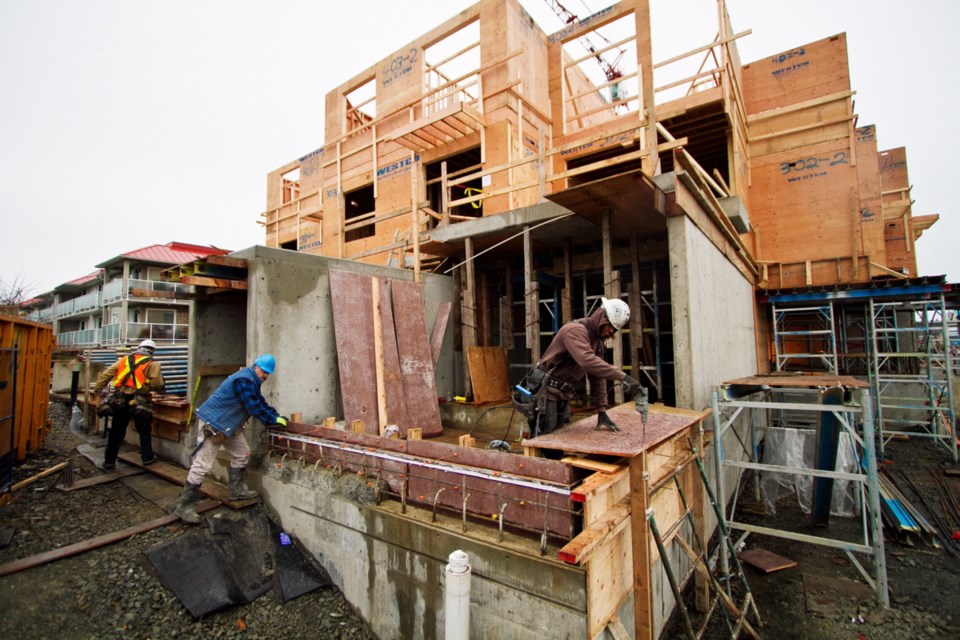An NDP government would tackle a looming skills shortage in B.C. by bringing back student grants, adding more training spaces and setting up a new scholarship fund for post-secondary students, leader Adrian Dix said today.
Dix said the NDP would invest $50 million in the non-repayable grants program this year and increase that to $100 million in 2014-15.
The Liberals, who scrapped the previous student grants program in 2004, were quick to pan the NDP’s promises as reckless and unaffordable.
But the NDP said investing in people and education is the best way to ensure future prosperity and offer a “ladder of opportunity” to young people regardless of their background.
Read more election news HERE
“We know that we’re going to face a skills shortage and we know that we need to ensure that people are getting trained up now,” said Carole James, who is seeking re-election for the NDP in Victoria-Beacon Hill. “The best tool the government has to be able to address growing an economy is to have a well-trained, skilled workforce.”
The B.C. Labour Market Outlook 2010-2020 shows a skills deficit emerging in 2016 and worsening in future years.
By 2020, there will be 18,800 jobs requiring university, college or trades training and no workers to fill them, the report says.
The Research Universities’ Council of B.C. cited the skills shortage last year in calling for increased investment in post-secondary education. The council, which represents the University of Victoria, Royal Roads University and four other major research schools, urged more spaces and added financial aid to students in need.
Dix, who has been promising to bring back student grants program since his NDP leadership campaign in 2011, plans to pay for the program by reinstating a three-per-cent tax on banks.
The non-repayable grants would vary in size depending on need, but a student receiving the maximum B.C. student loan would receive a lump sum of at least $1,500, the NDP said.
Dix also promised to boost spending on skills training by $15 million this year.
The money would be used to create more training spaces, buy additional equipment and set up programs to attract women and First Nations to trades training.
A new scholarship fund would be established this year at a cost of $20 million. Private and community partners would be encouraged to match that money.
Saanich South Liberal candidate Rishi Sharma, a former ministerial assistant in the Ministry of Advanced Education, questioned the cost of the NDP’s plans.
“We’re concerned that they’re making all these promises without showing how they’re going to pay for it,” he said. “When we have more money, maybe we can have these conversations. But right now, I think we have a very balanced system.”
Sharma noted that 40 of the most popular textbooks will be free online, while StudentAid B.C.’s loan forgiveness program repays students in medicine or nursing if they agree to work in under-served areas. He cited the case of one nurse from the Lower Mainland who had a $47,000 debt erased after working in Merritt for three years.
“These are great programs,” he said. “We’ve increased the spaces for doctors, we’ve increased the spaces for nurses. When [the NDP] were in, they froze the system completely.”
The B.C. branch of the Canadian Federation of Students, however, welcomed the possible return of a grants program under an NDP government.
“A student grants program in B.C. would go a long way in addressing high student debt,” the federation said in a statement.
The Canadian Millennium Scholarship Foundation reported in 2009 that undergraduate student debt in B.C. had grown by 14 per cent in the previous nine years, the highest increase anywhere in Canada. In that year, 54 per cent of B.C. graduates reported an average debt of $26,738.



